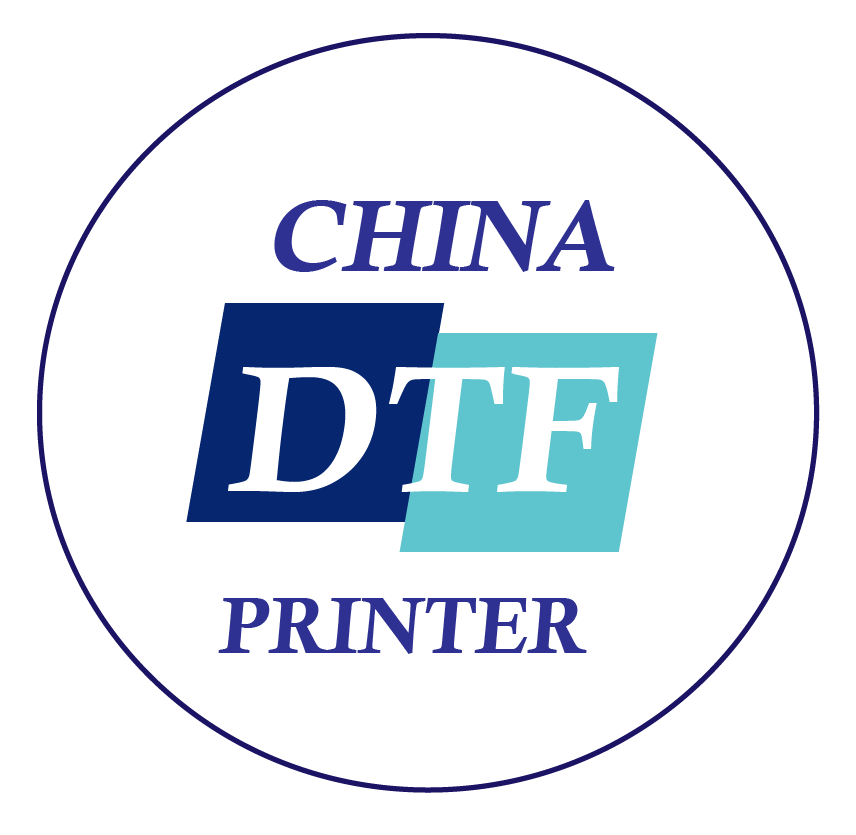In the dynamic realm of fashion, innovation is the driving force behind trends, styles, and consumer preferences. Among the latest advancements in the industry is the emergence of Direct-to-Film (DTF) printing technology, particularly in the creation of DTF Printer T-Shirts. This revolutionary technique is reshaping the landscape of garment customization and production, offering unparalleled versatility, quality, and creativity to designers, manufacturers, and consumers alike.
Unveiling DTF Printing Technology:
DTF printing technology represents a significant leap forward in garment decoration methods. Unlike traditional methods like screen printing or heat transfer, DTF printing involves transferring designs directly onto garments using a specialized printer and film. This process allows for intricate designs, vibrant colors, and high-resolution prints that are not achievable through other techniques.
The Advantages of DTF Printer T-Shirts:
- Versatility: DTF printing enables designers to unleash their creativity without limitations. Intricate designs, gradients, and photographic prints can be effortlessly transferred onto T-shirts, offering endless possibilities for customization.
- Durability: DTF Printer T-Shirts boast exceptional durability, thanks to the robust bonding of the ink to the fabric. The prints withstand numerous washes and maintain their vibrancy over time, ensuring longevity and quality.
- On-Demand Production: With DTF printing, manufacturers can produce T-shirts on demand, eliminating the need for large inventories and reducing waste. This flexibility allows for quick turnaround times and personalized products tailored to individual preferences.
- Cost-Effectiveness: Compared to traditional printing methods, DTF printing offers cost-effective solutions for both small-scale and large-scale production. The ability to print multiple colors in a single pass reduces setup costs, making it an attractive option for businesses of all sizes.
- Environmental Sustainability: DTF printing minimizes environmental impact by reducing water usage, energy consumption, and chemical waste associated with traditional printing processes. Additionally, the on-demand nature of production helps mitigate overstocking and excess inventory, contributing to a more sustainable fashion industry.
The Impact on Fashion Industry:
The introduction of DTF Printer T-Shirts has sparked a revolution in the fashion industry, influencing how garments are designed, produced, and consumed. Designers now have the freedom to explore new creative avenues, pushing the boundaries of traditional garment decoration. Consumers, in turn, benefit from a wide array of unique and personalized T-shirts that reflect their individuality and style preferences.
Moreover, DTF printing technology has democratized garment customization, empowering small businesses and independent designers to compete with larger players in the market. The accessibility of this technology has lowered barriers to entry, fostering innovation and diversity within the fashion industry.
Challenges and Future Outlook:
While DTF printing offers numerous advantages, it is not without its challenges. The initial investment in equipment and training may be prohibitive for some businesses, particularly smaller enterprises. Additionally, ensuring consistent print quality and color accuracy requires ongoing calibration and maintenance of DTF printers.
Looking ahead, advancements in DTF printing technology are expected to address these challenges and further enhance its capabilities. Innovations in ink formulations, printer hardware, and software solutions will continue to drive improvements in efficiency, quality, and affordability.
Conclusion:
In conclusion, DTF Printer T-Shirts represent a paradigm shift in garment decoration, offering unparalleled versatility, quality, and sustainability to the fashion industry. With its ability to deliver vibrant prints, durable finishes, and on-demand production, DTF printing technology is revolutionizing how T-shirts are designed, produced, and consumed. As the fashion industry continues to evolve, DTF printing is poised to play a pivotal role in shaping its future landscape.
